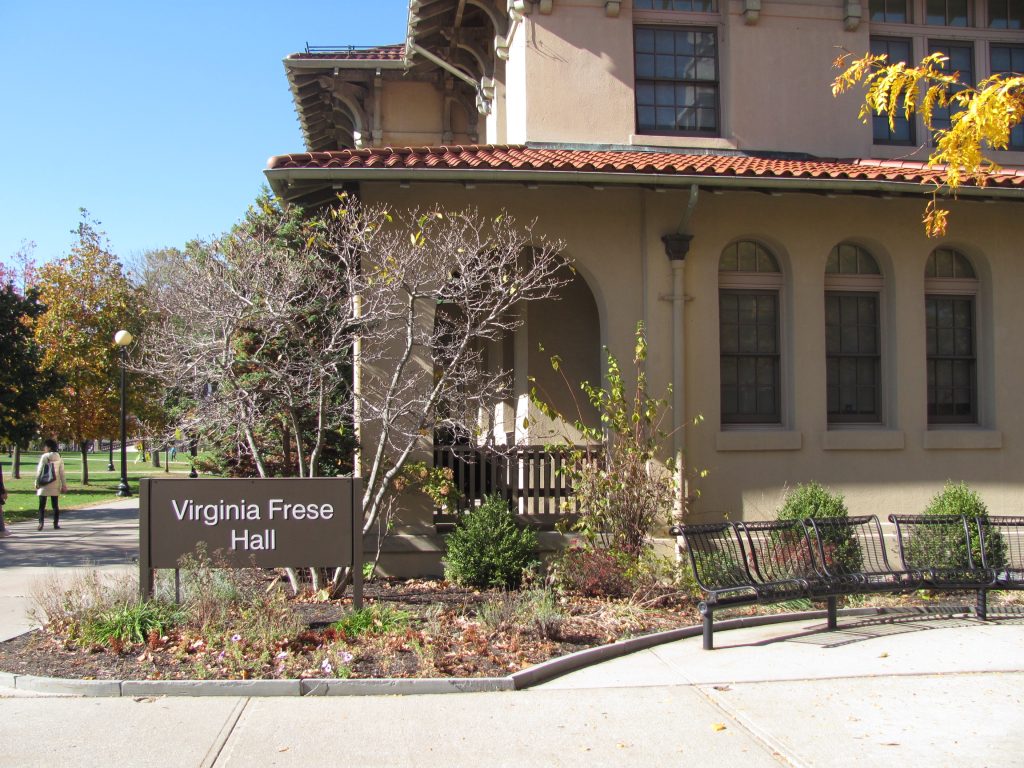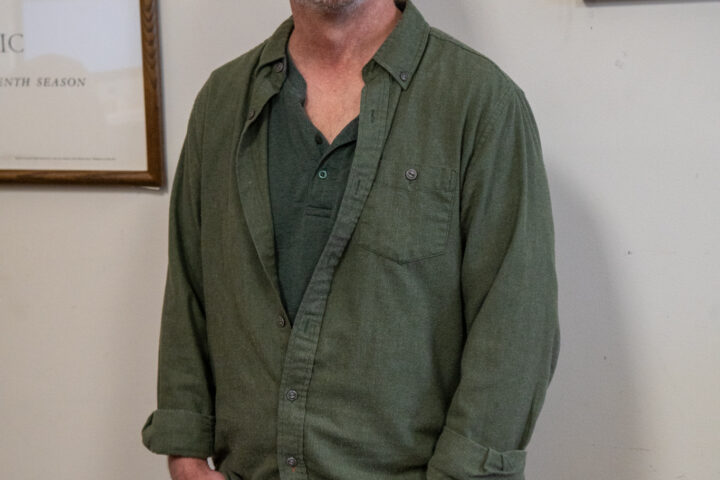As mental health and wellness continue to be a growing concern on college campuses across the nation, counseling services have become increasingly crucial for students. With academic and personal stressors greatly impacting students’ mental states, counseling services are a valuable resource on campus for students to receive support and guidance to manage their well-being. In the aftermath of a global pandemic that has exacerbated mental health challenges, these services are more important than ever.
At Queens College, Counseling Services has been working relentlessly to provide accessible support to students. However, as the department faces the end of the national Coronavirus Aid, Relief, and Economic Security Act — or CARES Act — funding on June 30th, its ability to continue providing these services may be compromised.
“The Coronavirus Aid, Relief, and Economic Security Act or, CARES Act, is a program encompassed by the Higher Educational Emergency Relief Fund,” Joseph Loughren, assistant vice president for Finance and Budget at QC explained to The Knight News. “The amount allocated specifically to mental health services for Queens College through HEERF was approximately $556k from the program’s inception through its completion on June 30, 2023.”
QC received $104.8 million from HEERF, with $62.1 million going towards institutional aid, in which $556k was allocated for student mental health, according to Loughren. The other $42.7 million went to ‘direct-to-student financial assistance.’ This $556k was used toward hiring five personnel: three part-time counselors, an outreach coordinator, and a social media specialist.
However, alongside the monetary support, the temporary personnel are also set to depart at the end of the semester leaving the remaining staff to carry the workload left behind. A representative of the Counseling Services spoke to The Knight News regarding the current status of the department and its next steps.
‘‘Much like other counseling centers within CUNY and across the country, keeping up with the demand for our services is challenging,” they said. “On top of that, the previous director of Counseling stepped down in 2019 and the position has yet to be filled. The gap in leadership has meant that counselors are managing multiple roles and responsibilities.’’
They then went on to elaborate the various duties the counselors in the department hold, saying that, ‘‘A few of the other responsibilities include providing weekly supervision and training to the five interns who work part-time in our office, attending bi-monthly administrative meetings for CUNY Counseling Directors, as well as bi-monthly meetings for the Student Affairs Division. Additionally, counselors serve on several committees and are responsible for data collection and providing input/data to Student Affairs Administration.’’
It is evident that the counselors have a significant workload as not only do they provide counseling services, but also have a range of administrative abilities to maintain. With so much already on their plates, the elimination of added staff will prove to be devastating. The Counseling Services representative agreed.
‘‘Any loss of personnel will have an impact on our office. The additional loss of clinical staff may lead to longer wait times for appointments. We may also have to limit the number of outreach programs offered since we won’t have anyone to take over the role. For the rest of the full-time staff, it will likely mean we are responsible for larger caseloads of clients,’’ they said. Despite facing these current challenges, the counselors are dearly committed to providing their services to students in need. With various outreach programs in place it is clear that the staff want clients to have major accessibility at any given time. The representative states that alternative funding from QC would greatly improve the current workload and opportunities available within the department.
‘‘We are committed to meeting the needs of our students with the limited resources available to us. For example, we have an on-call counselor available Monday through Friday, 9-5 pm. This person is available to meet with students for an immediate consultation if appropriate. Our office has been open for in-person appointments since Fall 2021,” they said. “Of course, there’s still room for improvement, but we are deeply concerned with providing a reliable, accessible, and culturally responsive service to our students. More funding and support for mental health would mean more services for students, more support and education for faculty and staff, and it would mean balancing the overwhelming caseloads of the counselors.’’
However, it appears that the next steps for counseling services are currently unknown to the personnel. In response to how the remaining counselors would be supported, the representative stated, ‘‘There are too many unknown factors that make it difficult to answer this question. I don’t believe there is a plan to hire more clinical staff at this time.’’
However, in a statement to The Knight News from Jennifer Jarvis, the Vice President for Student Affairs and Enrollment Management, there is a plan to hire a new director and associate director for the department:
‘‘Our counseling staff serves a critical need in supporting student mental health. The college has two positions currently open and awaiting CUNY Vacancy Review Board approval. They are for a director, who will oversee all health concerns — both mental and physical — by establishing relationships with local agencies and exploring grant opportunities to increase funding for services, and an associate director, who will serve as a full-time counselor and also oversee the day-to-day management of the center. The associate director’s position is the result of CUNY’s successful efforts in securing recurring funds for university counseling services. The two new full-time positions will encompass and enhance the responsibilities of the three part-time positions funded through the end of June 2023. The new Director and Associate Director will also explore opportunities for providing additional student services with the help of interns drawn from a pool of PhD candidates completing their professional hours.’’
Mrs. Jarvis went on to explain how the pandemic really slowed down this process, and due to the ‘limitations imposed by the pandemic-era CUNY hiring process’ QC was only able to hire part-time counselors. Counseling services can be the key to supporting individuals in their pursuit of a fulfilling life. At QC’s Counseling and Health Services department, counselors provide essential support to students who are navigating the complexities of college life while also addressing their mental health needs. With the department facing a staffing shortage due to the end of national CARES Act funding, the importance of counseling services cannot be overlooked.











